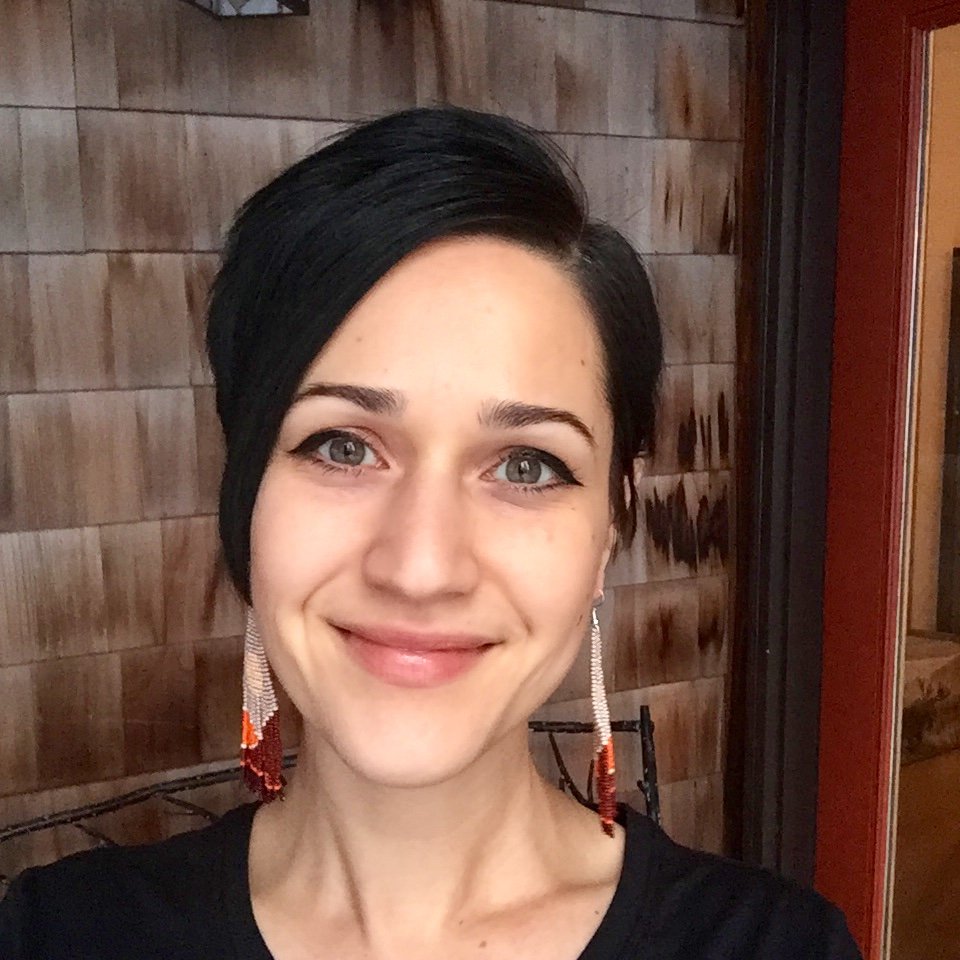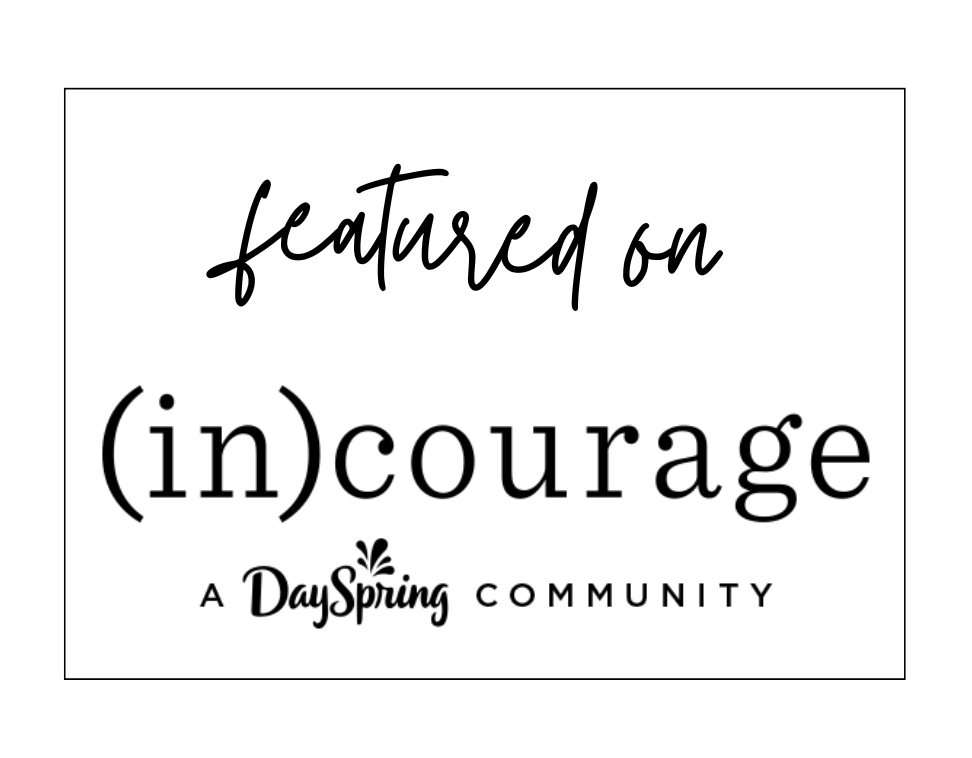Acceptance, a Key to Your Calling
/Photo by Gerritt Tisdale from Pexels
In his book, Let Your Life Speak, writer and teacher Parker Palmer describes how he spent several years working as a community organizer. Though he felt a deep desire to teach, meeting the needs of the inner city seemed the proper path.
But in time, he realized “there was a fundamental misfit between the rough-and-tumble of organizing" and his "overly sensitive nature." He explains, "I was too thin-skinned to make a good community organizer—my vocational reach had exceeded my grasp. I had been driven more by the 'oughts' of the urban crisis than by a sense of true self. Lacking insight into my own limits and potentials, I had allowed ego and ethics to lead me into a situation that my soul could not abide.”
I can relate to Parker’s experience. After seven years in the mental health field, I finally acknowledged that, in many ways, my career was a misfit for my deepest characteristics, dreams, and desires. I was doing good, but my soul was suffering.
I knew I needed to make some changes.
I stopped trying to be who I thought I ought to be, and decided to be who I actually am. When I did this, it felt like, after years of walking in a pair of too-tight shoes, I had finally slipped into pair that fit my feet perfectly. This decision has brought me so much relief, peace, and joy. And, through accepting who I truly am, I was set free to step into my calling to write and coach.
A Key to Calling
Without self acceptance we can never fulfill our calling because our calling is inextricably linked to the essence of who we are.
It’s like your calling is protected by a fingerprint coded door lock. Only you can access it, and only with your fingerprint. When we don’t accept ourselves, when we try to imitate someone else whom we think we should be like or whom we wish we were like, it’s like trying to use someone else’s fingerprint to unlock the door. It just won’t work. To fulfill your calling, you need the genuine article, you need your authentic self.
Acceptance in Action
What does accepting ourselves actually look like? Here are a few things I’ve learned over the years.
We accept ourselves by discovering and acknowledging who we really are.
And we discover who we are by listening, paying attention, and noticing what’s been put within us. We discover by asking questions like,
What brings me joy?
What fascinates me?
What am I passionate about?
What am I naturally good at?
What do I like about my job?
What do I not like about my job?
If I could do anything, what would it be?
We accept ourselves by nurturing what we find.
Though a good first step, just acknowledging that you thrive when you get time outdoors gardening, or when you play your violin, or when you substitute teach your child’s kindergarten class isn’t enough. To really accept these aspects of yourself, you must find ways to nurture and grow these things in your life.
Take gardening or music classes, develop your inner teacher. Schedule time to do what makes you feel alive. Treat these things like the essentials to your soul they are.
We accept ourselves by letting go of the shoulds.
Shoulds come from many places, both from outside ourselves and from within. You should apply for this job, you should to study biology, you should serve on this board, this church team, this community project…
What really matters is not whether I should do x,y, or z, but whether x,y, or z is an authentic reflection of who I am. Does it make me more myself? Is it part of my calling?
Acceptance is embracing what I am, not what others, or even I, think I should be.
We accept ourselves by respecting our limitations, by not trying to force ourselves into a mold we don’t fit.
Like Parker Palmer and his experience as a community organizer, we must accept not only who we are, but who we are not.
Palmer says, “Engineering involves more than telling materials what they must do. If the engineer does not honor the nature of the steel or the wood or the stone, his failure will go well beyond aesthetics: the bridge or the building will collapse and put human life in peril. The human self also has a nature, limits as well as potentials. If you seek vocation [calling] without understanding the material you are working with, what you build with your life will be ungainly and may well put lives in peril, your own and some of those around you.”
When I was training to be a counselor, I requested an internship at a certain family counseling center because I wanted to become a marriage therapist, and I knew this assignment would provide plenty of practice.
Boy did it. Most of the couples I worked with were like really mean racquetball players intent on launching venomous accusations back and forth. I was the referee, trying to keep the peace and prevent them from cracking each other over the head with their rackets.
Considering the issues these couples were facing, I didn’t blame them for being mad. I knew underneath the anger lay broken hearts, and I wanted badly to help them mend. But I found working with intense conflict highly stressful. I was not emotionally suited to mediating such hostility on a regular basis. By the end of that yearlong internship, it was clear that I was not cut out to be a marriage therapist. Thankfully, I was able to recognize and accept that limitation and move on to other client populations for whom I was a better match. I, and my clients, were better off for it.
Moving Forward
There are many factors that come into play in discovering our calling, but accepting who you are is a big one. I hope this helps you on your journey to embracing who God created you to be and walking in all He has planned for you!
Meditate
"The body is not made up of one part but of many. Now if the foot should say, 'Because I am not a hand, I do not belong to the body,' it would not for that reason stop being part of the body. And if the ear should say, 'Because I am not an eye, I do not belong to the body,' it would not for that reason stop being part of the body. If the whole body were an eye, where would the sense of hearing be?
If the whole body were an ear, where would the sense of smell be? But in fact God has placed the parts in the body, every one of them, just as he wanted them to be. If they were all one part, where would the body be? As it is, there are many parts, but one body." 1 Corinthians 12:14-20 (NIV)
Your turn
What aspects of yourself have you learned to accept? How has this helped you in living out who God created you to be? I'd love to hear about it in the comments below!
(Note: if you would like to be notified of any replies to your comment, click the "subscribe via email" button above the comment box. This will not subscribe you to my email list, just the comment feed.)
P.S.
Accepting ourselves is just one act that I think is necessary to discovering and walking in who we are created to be. Over the next couple weeks, I’ll be sharing more about what we need to do and believe in order to succeed in our purpose. Here's last week's post in case you missed it: Before You Can Fulfill Your Calling, You Must Believe This One Thing
P.P.S.
I wrote this post because I’m on a mission to encourage and equip women to live the life of faith, passion, and purpose that we were made for. You can help make a difference by sharing this post with a friend (or friends!) who you think would be encouraged or inspired by it (use the buttons on the left!). Thanks!
Disclosure of Material Connection: Some of the links in the post above are “affiliate links.” This means if you click on the link and purchase the item, I will receive an affiliate commission. I am also required to disclose that I am a participant in the Amazon Services LLC Associates Program, an affiliate advertising program designed to provide a means for me to earn fees by linking to Amazon.com and affiliated sites. I only recommend products or services I believe will add value to my readers. I am disclosing this in accordance with the Federal Trade Commission’s 16 CFR, Part 255: “Guides Concerning the Use of Endorsements and Testimonials in Advertising.”








